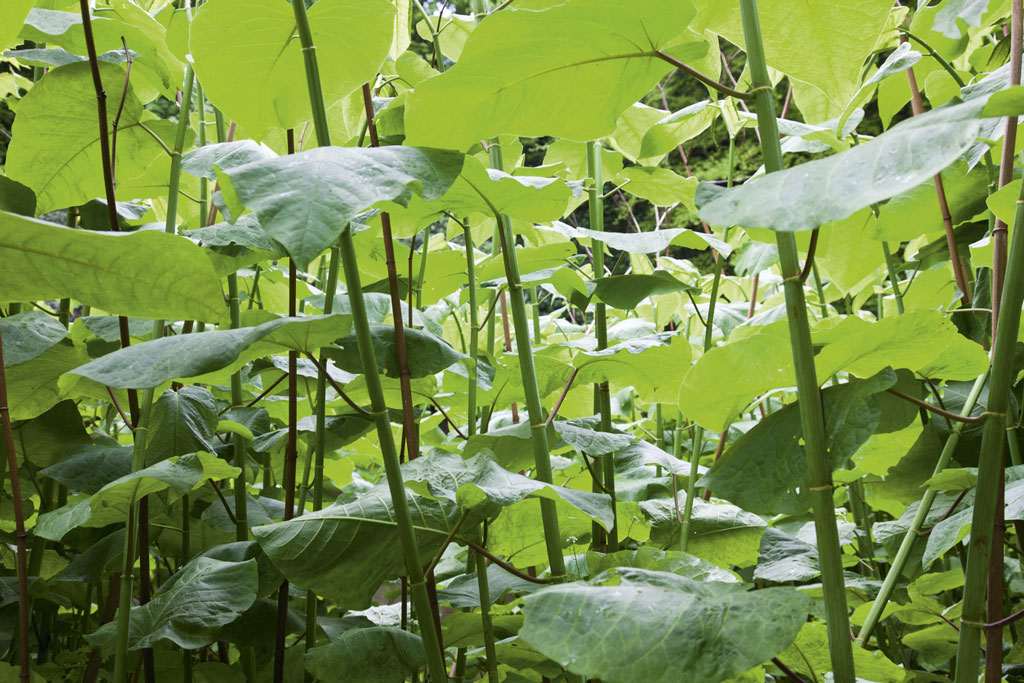
Court rules in favour of homeowners under siege
Property owners can claim damages for Japanese knotweed, the Court of Appeal has held in a landmark case.
Two householders in Wales succeeded in their claim this week against Network Rail after their properties were affected by the plant, which spreads quickly through its underground roots (rhizomes), is difficult to treat, blocks drains, undermines walls and overwhelms outbuildings. The bamboo-like perennial had been present on land directly behind their bungalows for 50 years.
Giving the lead judgment in Network Rail v Williams and Waistell [2018] EWCA Civ 1514, Sir Terence Etherton, the Master of the Rolls, held the effects of Japanese knotweed can give rise to a claim in the tort of private nuisance.
He rejected the county court’s ruling that the tort arose from the reduced market value of the claimants’ homes. Instead, he upheld the claim on the basis the encroachment of the Japanese knotweed rhizomes had diminished the claimants’ ability to enjoy the amenity and utility of their properties.
‘The purpose of the tort of nuisance is not to protect the value of property as an investment or a financial asset,’ he said.
‘Its purpose is to protect the owner of land (or a person entitled to exclusive possession) in their use and enjoyment of the land as such as a facet of the right of ownership or right to exclusive possession.’
Sir Terence held that actual damage was not required to found a claim, however the knotweed must encroach, or at least threaten to encroach, on the claimant’s property.
Rodger Burnett, solicitor at Charles Lyndon, who acted for Waistell, said: ‘For far too long landowners like Network Rail have paid scant regard to the impact that their failure to adequately treat Japanese knotweed has had on adjoining properties.
‘Hopefully now organisations like Network Rail will take their responsibilities seriously.’









